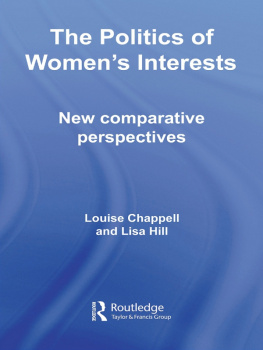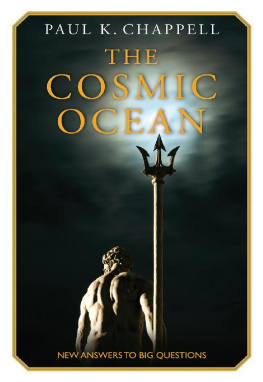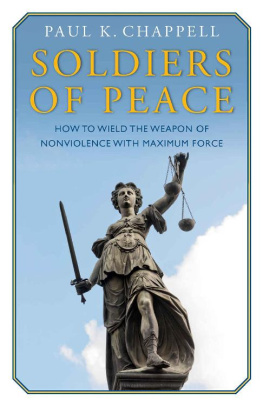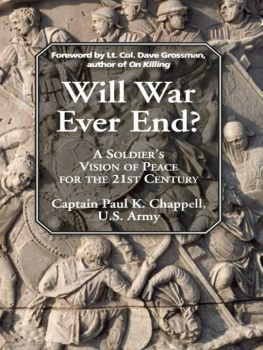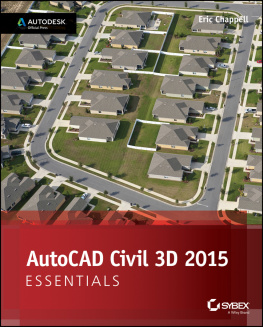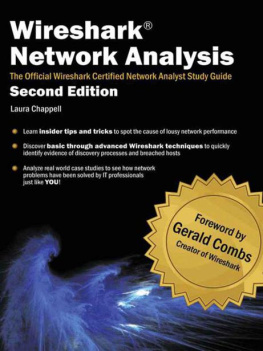Chappell Lawson - Beyond 9/11
Here you can read online Chappell Lawson - Beyond 9/11 full text of the book (entire story) in english for free. Download pdf and epub, get meaning, cover and reviews about this ebook. publisher: MIT Press, genre: Politics. Description of the work, (preface) as well as reviews are available. Best literature library LitArk.com created for fans of good reading and offers a wide selection of genres:
Romance novel
Science fiction
Adventure
Detective
Science
History
Home and family
Prose
Art
Politics
Computer
Non-fiction
Religion
Business
Children
Humor
Choose a favorite category and find really read worthwhile books. Enjoy immersion in the world of imagination, feel the emotions of the characters or learn something new for yourself, make an fascinating discovery.

- Book:Beyond 9/11
- Author:
- Publisher:MIT Press
- Genre:
- Rating:3 / 5
- Favourites:Add to favourites
- Your mark:
- 60
- 1
- 2
- 3
- 4
- 5
Beyond 9/11: summary, description and annotation
We offer to read an annotation, description, summary or preface (depends on what the author of the book "Beyond 9/11" wrote himself). If you haven't found the necessary information about the book — write in the comments, we will try to find it.
Beyond 9/11 — read online for free the complete book (whole text) full work
Below is the text of the book, divided by pages. System saving the place of the last page read, allows you to conveniently read the book "Beyond 9/11" online for free, without having to search again every time where you left off. Put a bookmark, and you can go to the page where you finished reading at any time.
Font size:
Interval:
Bookmark:
BEYOND 9/11
The BELFER CENTER STUDIES IN INTERNATIONAL SECURITY book series is edited at the Belfer Center for Science and International Affairs at the Harvard Kennedy School and is published by the MIT Press. The series publishes books on contemporary issues in international security policy, as well as their conceptual and historical foundations. Topics of particular interest to the series include the spread of weapons of mass destruction, internal conflict, the international effects of democracy and democratization, and U.S. defense policy.
A complete list of Belfer Center Studies appears at the back of this volume.
2020 Belfer Center for Science and International Affairs
All rights reserved.
No part of this book may be reproduced in any format by any electronic or mechanical means (including photocopying, recording or information storage and retrieval) without permission in writing from the publisher. For more information, contact:
The MIT Press, One Rogers Street, Cambridge, MA 02142-1209, USA
Library of Congress Cataloging-in-Publication Data is available.
ISBN: 978-0-262-36133-0
d_r0
To the women and men who make
Americas homeland security enterprise work.
May they keep doing so.
This book grew out of two meetings at the Harvard Kennedy Schools Belfer Center for Science and International Affairs. The meetings brought together a group of experts, mainly former officials at the Department of Homeland Security (DHS) from the Obama and Bush administrations, to discuss the future of Americas homeland security enterprise at a pivotal moment in its evolution.
Seventeen years had passed since the formation of DHS, eighteen since 9/11, and a new president had recently assumed office. Border security and immigration featured prominently on the Trump administrations agenda, and DHS agenciesprincipally Customs and Border Protection (CBP) and Immigration and Customs Enforcement (ICE)had drawn extensive media coverage, often negative. All told, the time seemed right for sober reflection on how the government could and should go about securing the homeland.
Political controversies obscure the fact that most of Americas homeland security enterprise is largely uncontroversial. Americans might disagree on immigration policy, but few believe that anyone should be able to enter the country whenever he or she wants, regardless of his or her intentions. People might object to lines at airports, but no one disputes the need for aviation security. And Americans generally believe that their government should assist fellow citizens if hurricanes, earthquakes, or other disasters threaten their lives and destroy their homes. When it comes to the nuts and bolts of homeland security, the partisan divisions and political controversies that figure so prominently in media coverage are usually absent or irrelevant.
What is extremely relevant is how good a job the government does at executing these homeland security missions. Can it adjust to circumstances that are very different from those immediately after September 11, 2001, which led to the creation of DHS? Can it identify and respond effectively to new threatscyberattacks on critical infrastructure by criminals and foreign enemies, devastating natural disasters, and evolving terrorism risks? Can it communicate effectively with the American people about these different threats and build the necessary partnerships to address them? In short, can it do better? Political controversy must not be allowed to distract attention from these pressing questions.
The purpose of this book is to answer them.
In assembling this volume, we received crucial editorial assistance from Karen Motley, Rex Horner, and Sean Lynn-Jones of the Belfer Center. Ben Rohrbaugh and Nate Bruggeman, affiliates of the Belfer Centers Homeland Security Project, provided extensive and extremely valuable feedback on all of the chapters. We owe a special thanks to Tara Tyrrell, Project Coordinator at the Homeland Security Project, for her management and coordination of such a big project; Kate Searle of MITs political science department for her keen editorial eye; Dan Pomeroy of MITs Policy Lab for his synthesis of the writers workshops and subsequent help with policy outreach related to this volume; and Benjamin Porter of Harvard University for his research assistance. We are particularly grateful to the Mexico-based Grupo Seguritech and its president, Ariel Picker, both for his financial support of the project and for his insightful commentary at the first writers workshop. Finally, we thank Robert Belfer, Rene Belfer, Laurence D. Belfer, Belfer Center Director Ash Carter, Co-Director Eric Rosenbach, and the rest of our colleagues for their support of the homeland security mission.
Chappell Lawson, Alan Bersin, and Juliette Kayyem
Cambridge, Massachusetts, July 2019
Chappell Lawson and Alan Bersin
FOR MANY AMERICANS, THE TERRORIST ATTACKS OF SEPTEMBER 11, 2001, crystallized the notion of homeland security. Although the United States had faced the possibility of nuclear attack during the Cold War, it was largely insulated from most foreign threats. The term civil defenseperhaps the closest forerunner of homeland securitywould have struck people on September 10 as a quaint and nebulous concept.
The threat from Al-Qaeda also clarified the federal governments responsibility for homeland security. Although responsibility for public safety in the United States has long resided primarily with state and local authorities, international terrorist attacks on domestic soil clearly involved national policies and agencies. So, too, did related homeland security issues, such as border control, immigrant screening, and disaster recovery.
But what did it mean to secure the homeland in the twenty-first century? Would homeland security resemble old-fashioned civil defense or something entirely different? Where would the line be drawn between classic law enforcement functions within Americas borders and national security or foreign affairs? In an era of global travel networks, how could America best prevent a small number of potentially dangerous individuals from doing it harm? Was there a tension between unified, top-down action designed to protect Americans at home and a democratic, federal, free-market system, which by design imposed serious constraints on the central government? Finally, as a practical matter, how should the new homeland security architecture be created?
More than seventeen years after these questions were answeredthrough a more integrated approach to counterterrorism and the establishment of the Department of Homeland Security (DHS)the time is ripe to evaluate Americas homeland security enterprise. How has the United States gone about securing the homeland? What has, and has not, been accomplished? And what is the best route forward?
Overall, efforts to protect Americans from bad people, things, and events are far more coordinated and efficient than they were before 9/11. This is particularly true for the functions with which DHS is centrally charged (e.g., border security and disaster response), as well as for domestic counterterrorism (where DHS plays a supporting role to the Federal Bureau of Investigation, or FBI). Terrorists and international criminals, as well as undocumented migrants, have a much harder time entering the country than they did in 2000. The nation is also better prepared to handle many potential disasters (natural or otherwise) if they should occur. But as the homeland security enterprise has matured, the limits of the original reaction to 9/11 have also become clear. Some of the fundamental dilemmas involved in enhancing security (including privacy protections) have not been resolved, and the governments ability to respond agilely to emerging threats (such as cyberattacks on critical infrastructure and more destructive natural disasters as a result of climate change) remains uncertain.
Next pageFont size:
Interval:
Bookmark:
Similar books «Beyond 9/11»
Look at similar books to Beyond 9/11. We have selected literature similar in name and meaning in the hope of providing readers with more options to find new, interesting, not yet read works.
Discussion, reviews of the book Beyond 9/11 and just readers' own opinions. Leave your comments, write what you think about the work, its meaning or the main characters. Specify what exactly you liked and what you didn't like, and why you think so.


